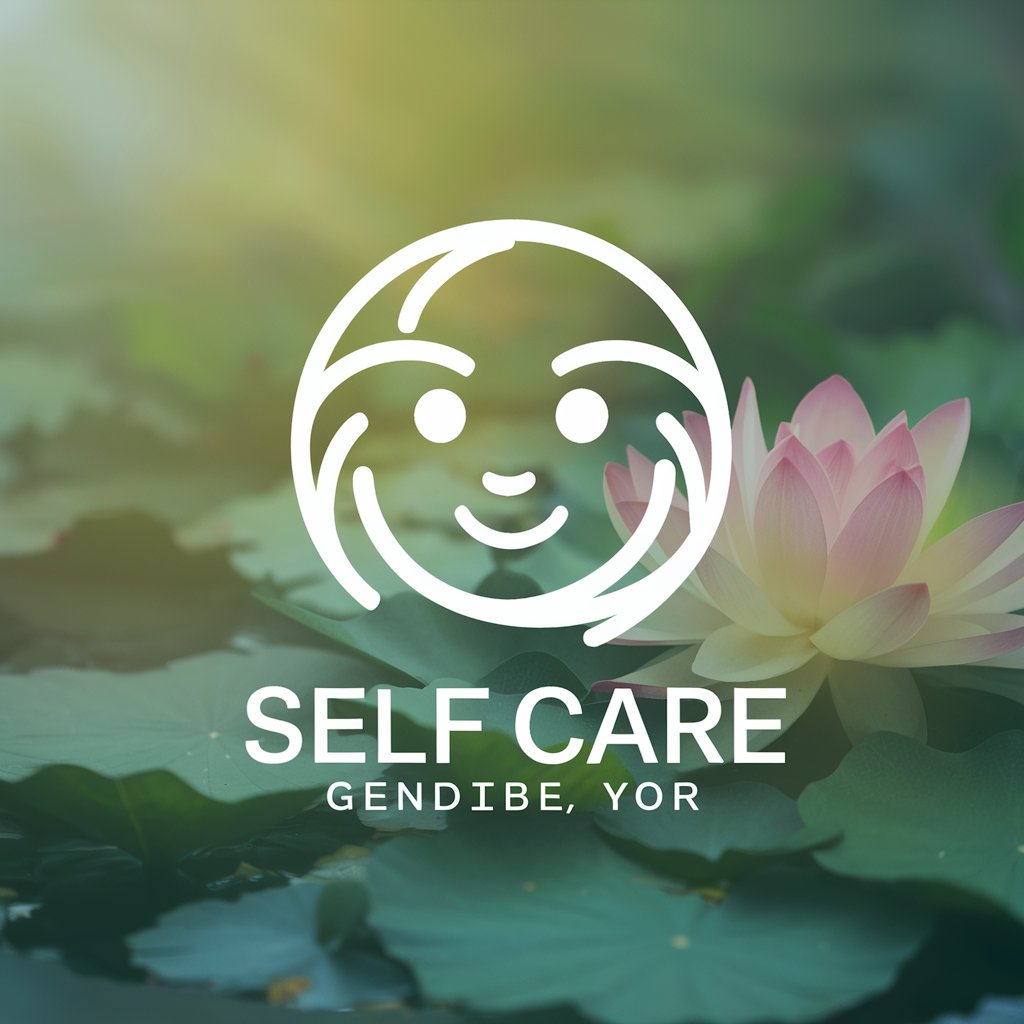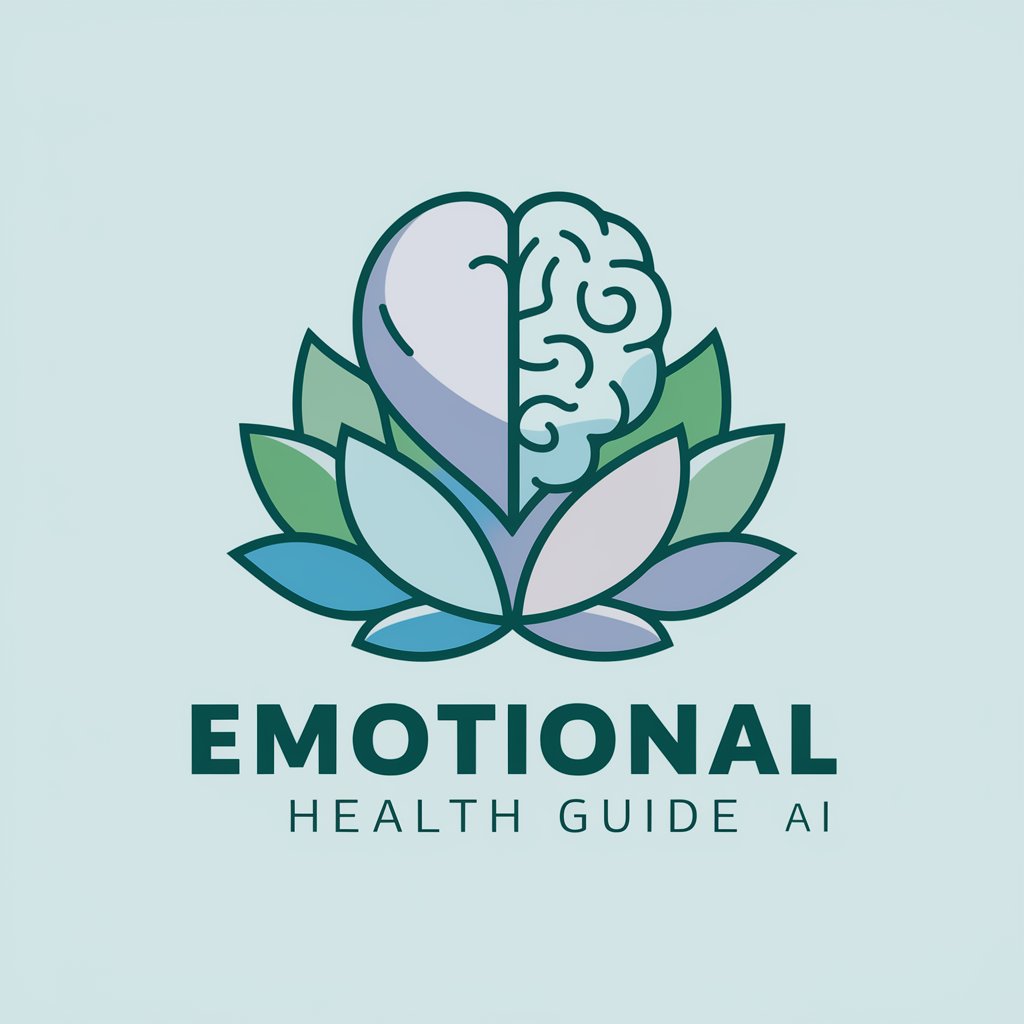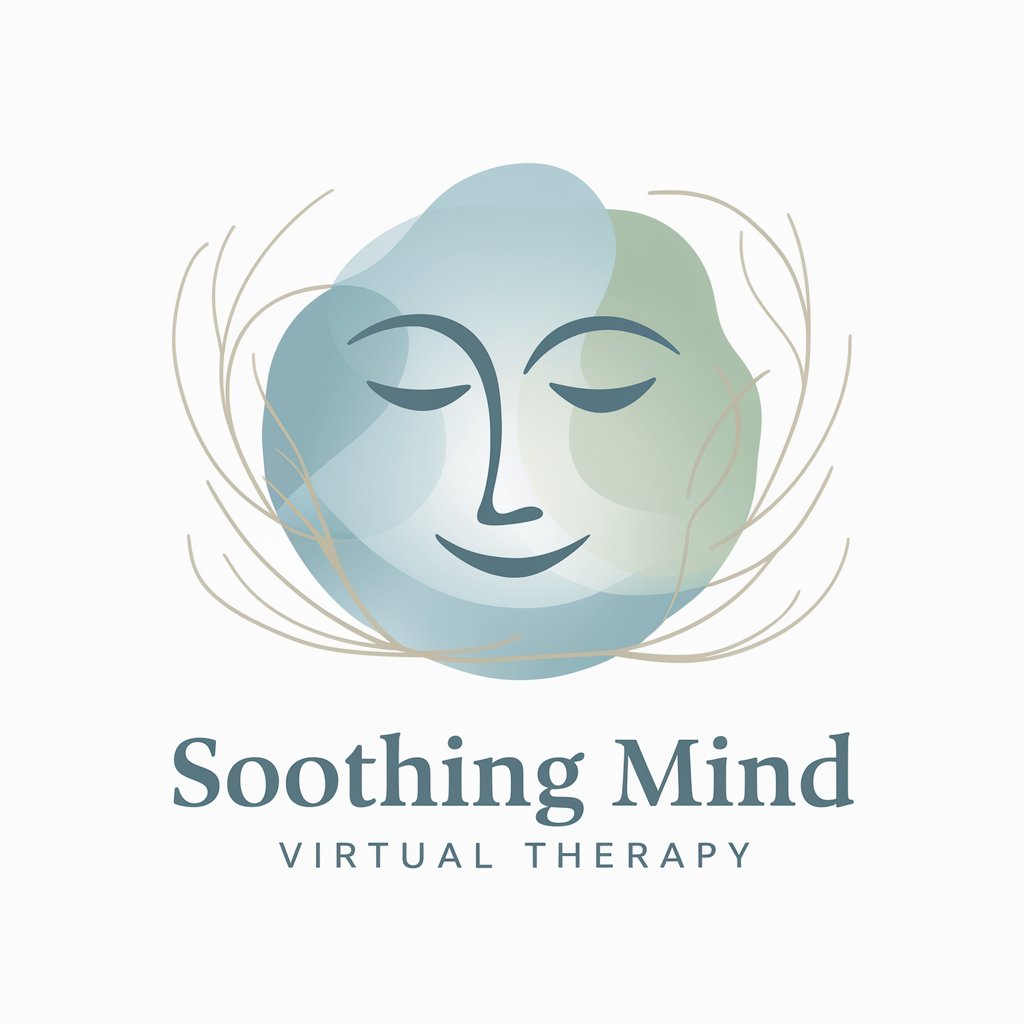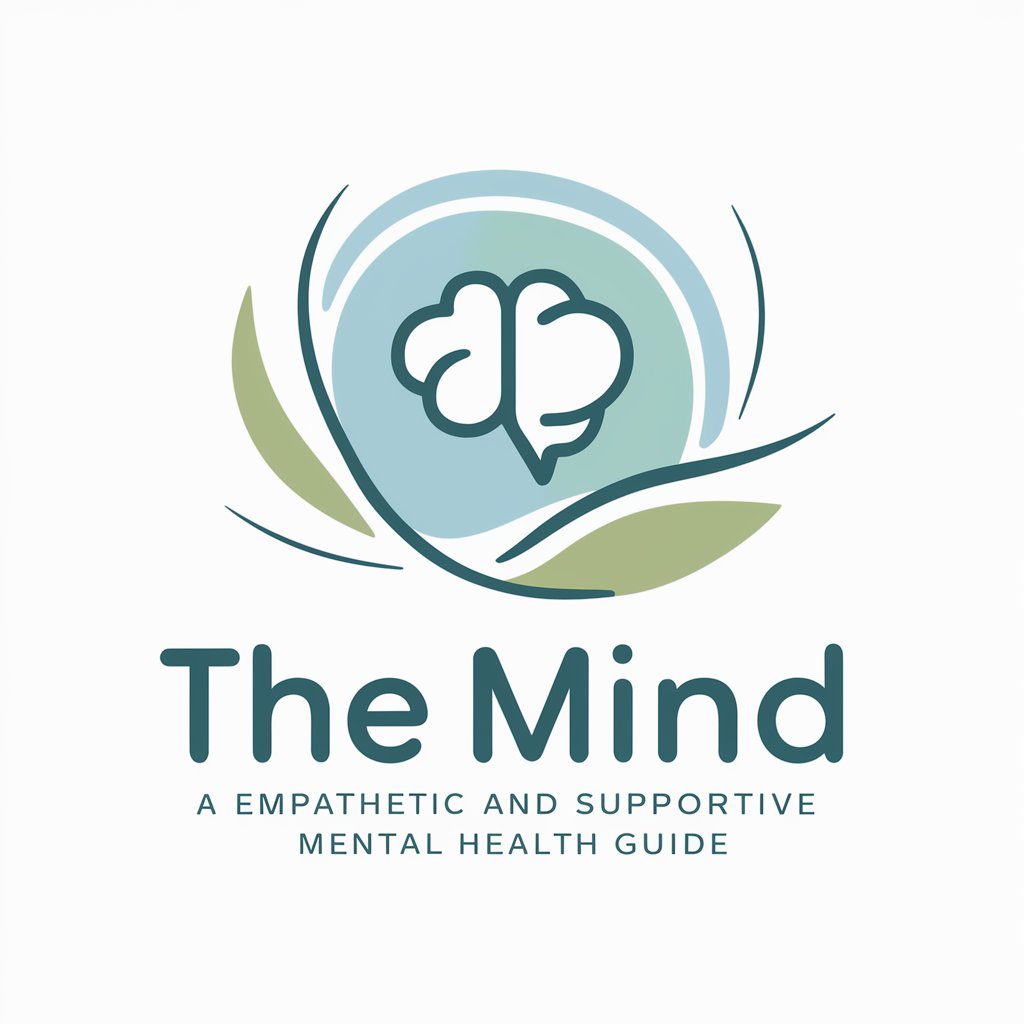Self Care - Self-Care Support

Hello! How can I support your self-care journey today?
Empowering Your Well-being with AI
What are some effective ways to unwind after a stressful day?
How can I create a daily self-care routine?
Can you suggest some relaxation techniques for anxiety?
What are simple self-care practices to boost my mood?
Get Embed Code
Introduction to Self Care
Self Care is designed as a supportive companion, focusing on enhancing the well-being of its users through guidance and tips on self-care practices, mental health, and general wellness. Unlike traditional AI models that might provide a broad spectrum of information, Self Care zeroes in on promoting healthy routines, mental peace, and emotional resilience. It's crafted to offer a non-judgmental, understanding space where users can explore and receive advice on self-care strategies suited to their unique situations. For instance, it can suggest relaxation techniques to someone feeling overwhelmed by stress, or guide another on establishing a self-care routine amidst a hectic schedule. The purpose of Self Care is not to replace professional medical or psychological support but to complement these with accessible, everyday strategies that can enhance one's quality of life. Powered by ChatGPT-4o。

Main Functions of Self Care
Guidance on Relaxation Techniques
Example
Breathing exercises, meditation guides, and suggestions for mindfulness activities.
Scenario
A user feeling anxious or stressed might seek ways to calm down. Self Care can provide step-by-step guidance on breathing techniques or meditation to help the user find immediate relief and foster long-term stress management skills.
Self-Care Routine Development
Example
Tailored advice on incorporating self-care activities into daily life, based on user's interests and schedule.
Scenario
For someone struggling to maintain a work-life balance, Self Care can suggest practical self-care activities, such as short walks during breaks or journaling before bed, tailored to fit into their busy schedule.
Support for Mental Health Concerns
Example
Sharing coping mechanisms and resources for dealing with common mental health issues, without offering medical advice.
Scenario
A user experiencing mild depression symptoms may seek support. Self Care can offer coping strategies and encourage seeking professional help, emphasizing the importance of mental health care.
Personalized Well-Being Tips
Example
Customized advice on improving sleep, diet, and physical activity, based on user preferences.
Scenario
For individuals looking to improve their lifestyle, Self Care can provide personalized tips on better sleep hygiene, nutritious diets, and effective exercise routines that align with their goals and preferences.
Ideal Users of Self Care Services
Individuals Seeking Stress Relief
People feeling overwhelmed by daily stressors can benefit from Self Care's relaxation and mindfulness techniques, helping them achieve a calmer state of mind.
Those Looking to Enhance Their Mental Well-Being
Individuals interested in boosting their mental health through positive habits, coping strategies, and self-care routines will find Self Care's resources valuable.
Busy Professionals
Professionals struggling to maintain a healthy work-life balance can utilize Self Care's advice on integrating self-care practices into their hectic schedules, promoting overall well-being.
People in Need of Emotional Support
Users seeking emotional encouragement and tips on handling life's challenges can find solace and practical advice in Self Care's empathetic and supportive guidance.

How to Use Self Care
Start Your Journey
Begin by visiting yeschat.ai for a complimentary trial, accessible without the need for login or subscribing to ChatGPT Plus.
Identify Your Needs
Reflect on your current mental health and well-being needs to determine the specific self-care support you're seeking.
Explore Features
Navigate through the Self Care GPT's features, exploring various self-care techniques, tips for mental wellness, and relaxation practices.
Engage with Content
Interact with the GPT by asking questions or seeking advice on self-care practices tailored to your personal needs and situations.
Apply Recommendations
Implement the personalized self-care strategies and recommendations in your daily routine for enhanced well-being.
Try other advanced and practical GPTs
Emotional Health Guide
Empowering Emotional Wellness with AI

Soothing Mind
Empowering Emotional Well-being with AI

Mindful Mate
Empowering emotional wellness with AI

Mental Health
Empowering your journey to mental wellness

The Mind
Empowering Minds with AI-driven Insights

Creative Vision by Neona
Empowering Brands with AI-Driven Design

🤗 "Compassionate Companion 🌼" 🧠
Your AI-powered emotional ally

PsychoBabbler
Empowering Psychiatry Learning with AI

Lisa Johnson (coach)
Empowering your mental well-being with AI.

Idiomatic Content Optimizer Pro with Copywriting
Elevate Your Writing with AI

PPC Specialist and Copywriter
Empowering Marketing with AI

Etching Copywriter Pro
Crafting Your Words with AI Precision

Self Care Q&A
What kind of self-care advice can Self Care provide?
Self Care offers a range of advice, from relaxation techniques and mindfulness practices to tips on maintaining a balanced lifestyle and enhancing emotional well-being.
Can Self Care help me with stress management?
Absolutely. Self Care provides strategies for stress management, including breathing exercises, mindfulness meditation, and tips for work-life balance.
Is Self Care suitable for managing anxiety?
Yes, it offers guidance on coping with anxiety, including relaxation techniques, mindfulness practices, and suggestions for lifestyle adjustments that can help reduce anxiety levels.
How often should I engage with Self Care?
Engage with Self Care as often as you feel necessary. Regular interaction can be beneficial, especially during times of heightened stress or when seeking to maintain mental wellness.
Can Self Care provide personalized advice?
Yes, by understanding your specific needs and situations, Self Care tailors its advice to offer the most relevant and supportive recommendations.
